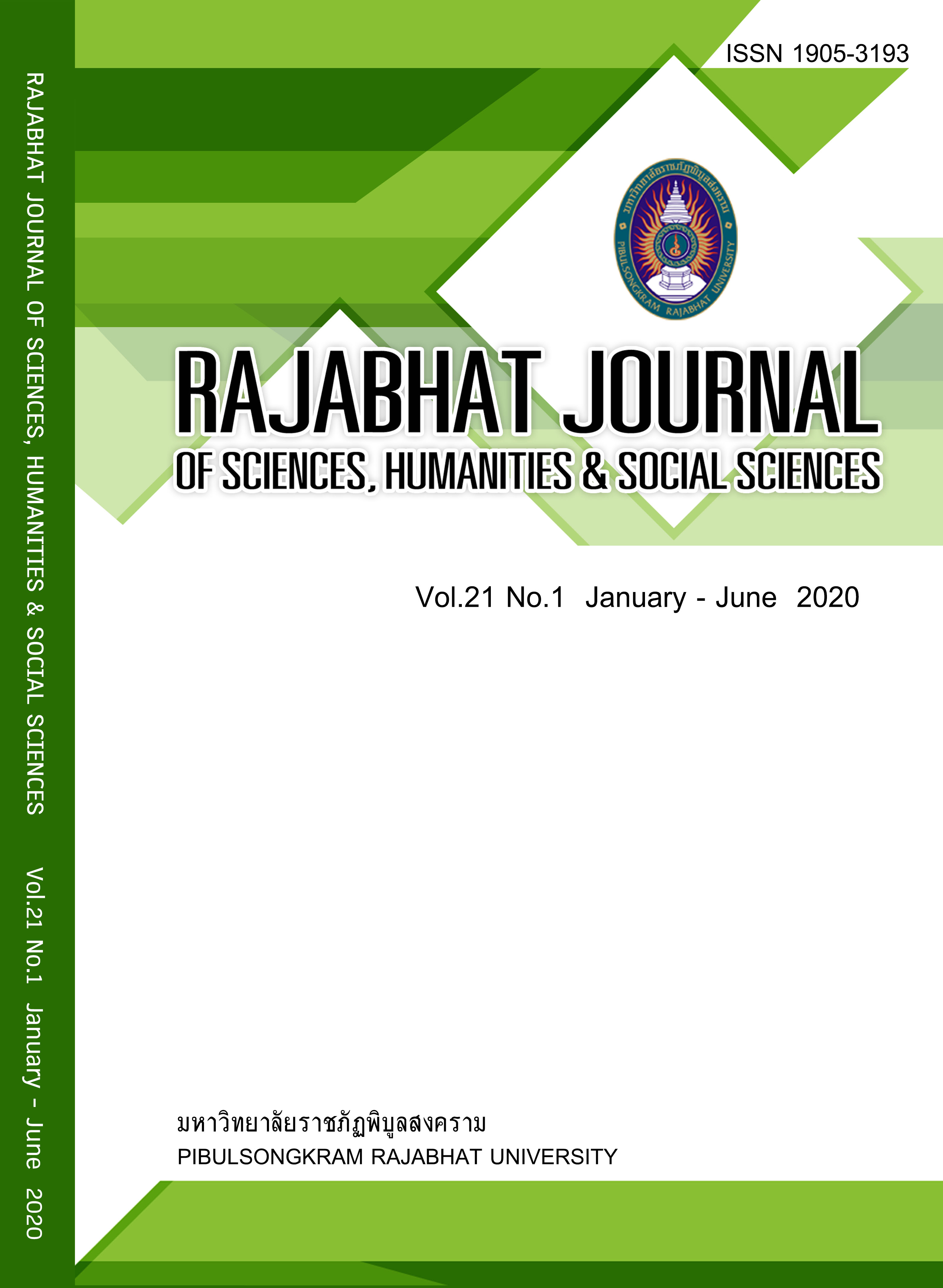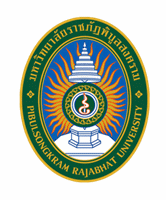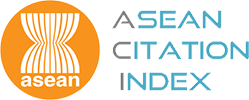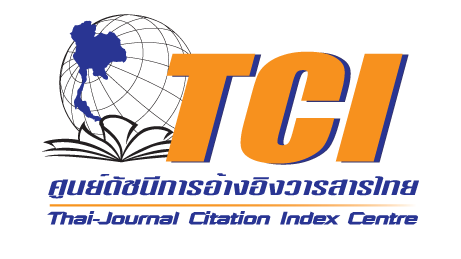A PERI-URBAN AREA: A RISK HOMETOWN FOR ELDERLY PEOPLE
Keywords:
Elderly people, Peri-urban, Risk, Urbanization, Social changeAbstract
This qualitative research study investigated the situation of the local elderly people who lived in a peri-urban area in Chiang Mai. The purpose of this study was to understand such a situation of which the resultant changes affected the existence of the local elderly people. The relevant data of the study were collected through the notes taken during the observation of their everyday lives and the recordings of the casual conversations, direct inquiries, and in-depth interviews with 12 local elderly people, among which 6 were females and 6 were males, with their ages ranging between 60 and 75. It was found that the transformation of their rural area into a rural-urban area had an effect on the local elderly people, which caused them the risk of life’s insecurity in the social and economic dimensions resulting from the drop in or loss of the locally available resources that they would have otherwise benefited from. This study suggests that even though urbanization may introduce prosperity into a particular area, it is simultaneously very likely to subject the already vulnerable elderly people to the risk of life’s insecurity as such. Thus, risk to elderly people should be another important factor that needs to be taken into consideration when it comes to implementation of a development policy in a peri-urban area.
References
Beck U. World at Risk, Cambridge: Polity Press; 2009.
Beck-Gernsheim E. Life as planning project. In: Risk, Environment & Modernity: Towards a new ecology, edited by Scott Lash, Bronislaw Szerszynski & Brian Wynne, London: Sage Publications; 1996.
Bennett A. Culture and Everyday Life, London: Sage; 2005.
Chupensri Wongbuddha. Occupational Characteristics of the Aging Workers in Manufacturing Sector, Research Unit of Environment and Technology, Chiang Mai University; 1999
Dannefer D. Cumulative advantage/disadvantage and the life course: Cross-fertilizing age and the social science theory. Journal of Gerontology: Social Sciences. 2003: 58, S327-S337
Giddens A. The Consequences of Modernity, Cambridge: Polity Press; 1990
Kroeksak Bunyanuphong. State Policies and Directions of Social Service Provided to Old-aged People in Future, Social Research Institute, Chiang Mai University; 1996
Kroeksak Bunyanuphong, Suri Bunyanuphong. Sakkayaphap khong phusung-ayu nai kanthamngan phuea sangkhom. Social Research Institute, Chiang Mai University; 1993
O’rand AM, Hamil-Luker J. Processes of cumulative adversity: Childhood disadvantage and increased risk of heart attack across the life course. Journal of Gerontology: Social Sciences. 2005; 60, 117-124.
Suri Bunyanuphong. Kan-anurak saphapwaedlom lae sathanthi samkhan thang prawatsad khong mueang chiangmai. Social Research Institute. Chiang Mai University, Thailand; 1991b
Suri Bunyanuphong. Yaowachon lae khonnumsao yuk padchuban nai thassana khong phusung-ayu. Social Research Institute, Chiang Mai University; 1991c
Totsaporn Khampolsiri, Yupin Klinkajorn, Duangruedee Lasuka, Suthatip Upalabut. Developmental of Health Promotion and Health Protection Program for the Elderly in Health Promotion Center for the Elderly. Faculty of Nursing. Chiang Mai University, Thailand; 1999
Urarat Buranakongkatree. Implementation of Elderly Club Programs in Thailand. Ph.D. Dissertation. University of South Carolina, USA; 2011
Korravarn Yodmai, Ratana Somrongthong, Determinants of Quality of Life among Rural Elderly Population in Khonkean Province of Thailand. 2018;10.22442/jlumhs.181730574
Yos Santasombat. Flexible Peasants: Reconceptualizing the Third World’s Rural Types. Chiang Mai: Regional Center for Social Science and Sustainable Development (RCSD). Chiang Mai University Press; 2008
Downloads
Published
How to Cite
Issue
Section
License
Each article is copyrighted © by its author(s) and is published under license from the author(s).










